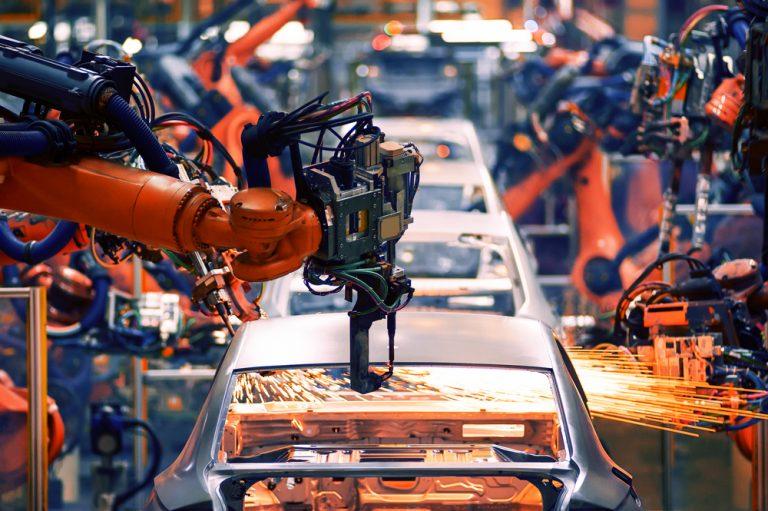
The car industry was dealt another blow on Thursday after it was announced that Ford is set to close its Bridgend plant in 2020.
Ford is just one of many car manufacturers to close it doors, amid falling sales and Brexit-related uncertainty. The American automaker employs 1,700 people in the UK.
In February, Honda announced it was shutting down its Swindon plant in 2021.
Similarly, Nissan announced it was reversing plans to manufacturer its new X-trail vehicle in Sunderland.
And in May, one of the UK’s largest car manufacturers, Jaguar Land Rover, reported a record £3.6 billion loss.
Overall, UK manufacturing figures in the last few years have proved disappointing, with production slumping 45% in April, compared to a year ago.
Slightly less than 71,000 cars were produced in April, according to the Society of Motor Manufacturers and Traders (SMMT) figures.
The SMMT indeed slighted the shifting Brexit deadline and resulting uncertainty as a key problem for car makers, as they struggle to make effective contingency plans.
However, the troubles of the car industry are not exclusive to the UK, suggesting perhaps it is not just Brexit to blame.
The global car industry is suffering from a host of issues including falling demand for diesel as well as the economic slowdown in China, the world’s largest car market.
Earlier this month Fiat Chrysler proposed a €33 billion merger with French car giant Renault, in a bid to secure its dominance amid a general decline in the industry.
Nevertheless, the deal collapsed, after the French government, which is Renault’s biggest shareholder, requesting a postponement of a vote on the merger.
Amid falling sales globally, car manufacturers are looking to offset a decline in demand by investing in electric vehicles.
If the Fiat Chrysler Renault merger had gone ahead, it would have seen the creation of the world’s third largest car manufacturer.
The merger was proposed as a means of saving costs through research sharing and collaborating on developing autonomous vehicles.
If global automakers are to withstand these unrelenting industry headwinds, manufacturers will have to continue to fight to stay ahead of the curve regarding car electrification, meaning consolidation may be the only way to survive.
However, if the failed Fiat Chrysler Renault merger is anything to go by, it’s easier said than done.
